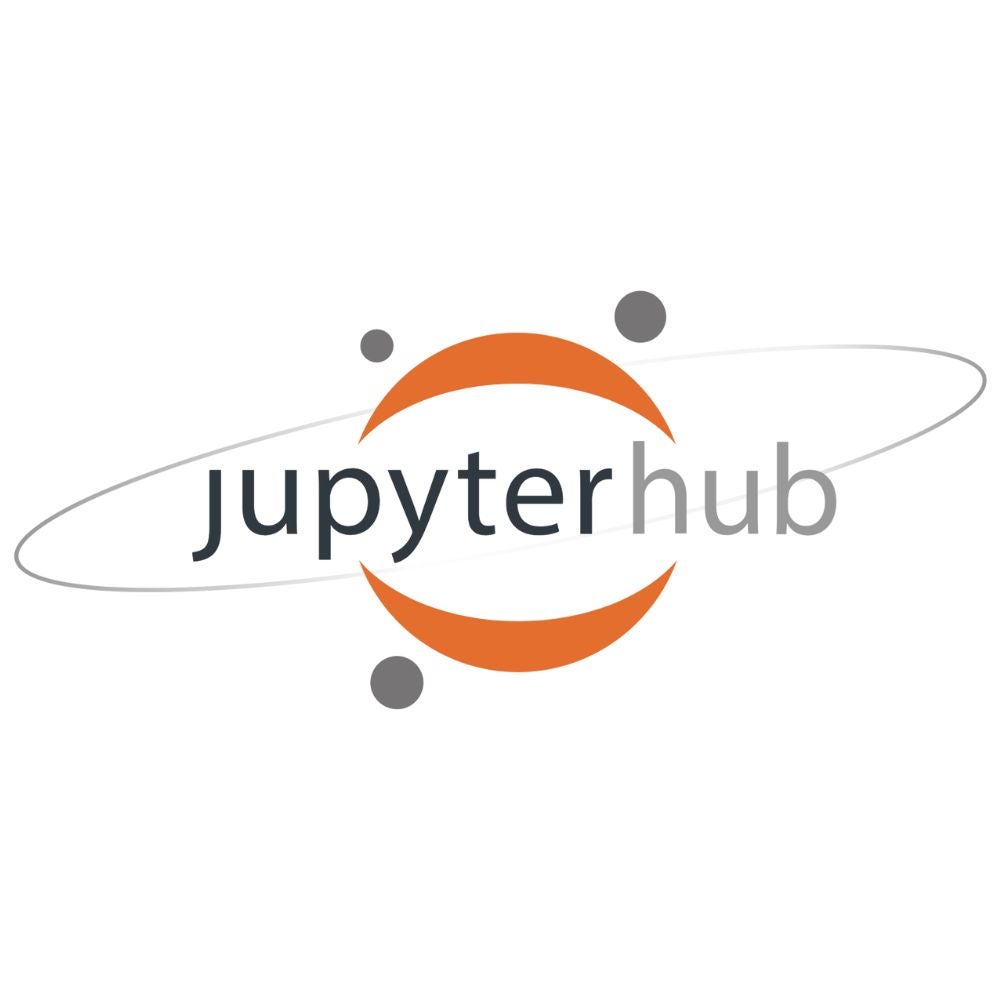JupyterHub

JupyterHub is a powerful tool that enables students, researchers, and data scientists to access computational environments without the burden of installation or maintenance. Designed for flexibility and scalability, JupyterHub supports individual and collaborative workspaces, making it ideal for academic courses, research groups, and large-scale infrastructure projects.
Executive Lead
Chi Shen
Technical Lead
Chi Shen
cshen@uri.edu
Support Team
ITS Cloud & IT Infrastructure
About the Service:
Features
- Customizable Environments: Supports various interfaces such as Jupyter Notebook, JupyterLab, RStudio, and nteract, along with dozens of kernels.
- Flexible Authentication: Configurable access with protocols like OAuth and GitHub.
- Scalable Architecture: Container-friendly and deployable on Kubernetes for tens of thousands of users.
- Portability: Open-source and compatible with diverse infrastructures, including commercial clouds, virtual machines, or local hardware.
- Collaborative Workspaces: Facilitates group projects by providing personal workspaces on shared resources.
Access
Users – including students, researchers, and data scientists – can get their work done in their own workspaces on shared resources which can be managed efficiently by system administrators. JupyterHub runs in the cloud or on your own hardware and makes it possible to serve a pre-configured data science environment to any user in the world. It is customizable, scalable, and is suitable for small and large teams, academic courses, and large-scale infrastructure.
Support & Training
The foundational JupyterHub code and technology can be found in the JupyterHub repository. This repository and the JupyterHub documentation contain more information about the internals of JupyterHub, its customization, and its configuration.
Please visit the website for ITS Research Computing Services (ITRCS) https://its.uri.edu/research-computing/. If you require additional information or require consultation, please contact the IT Service Desk.
